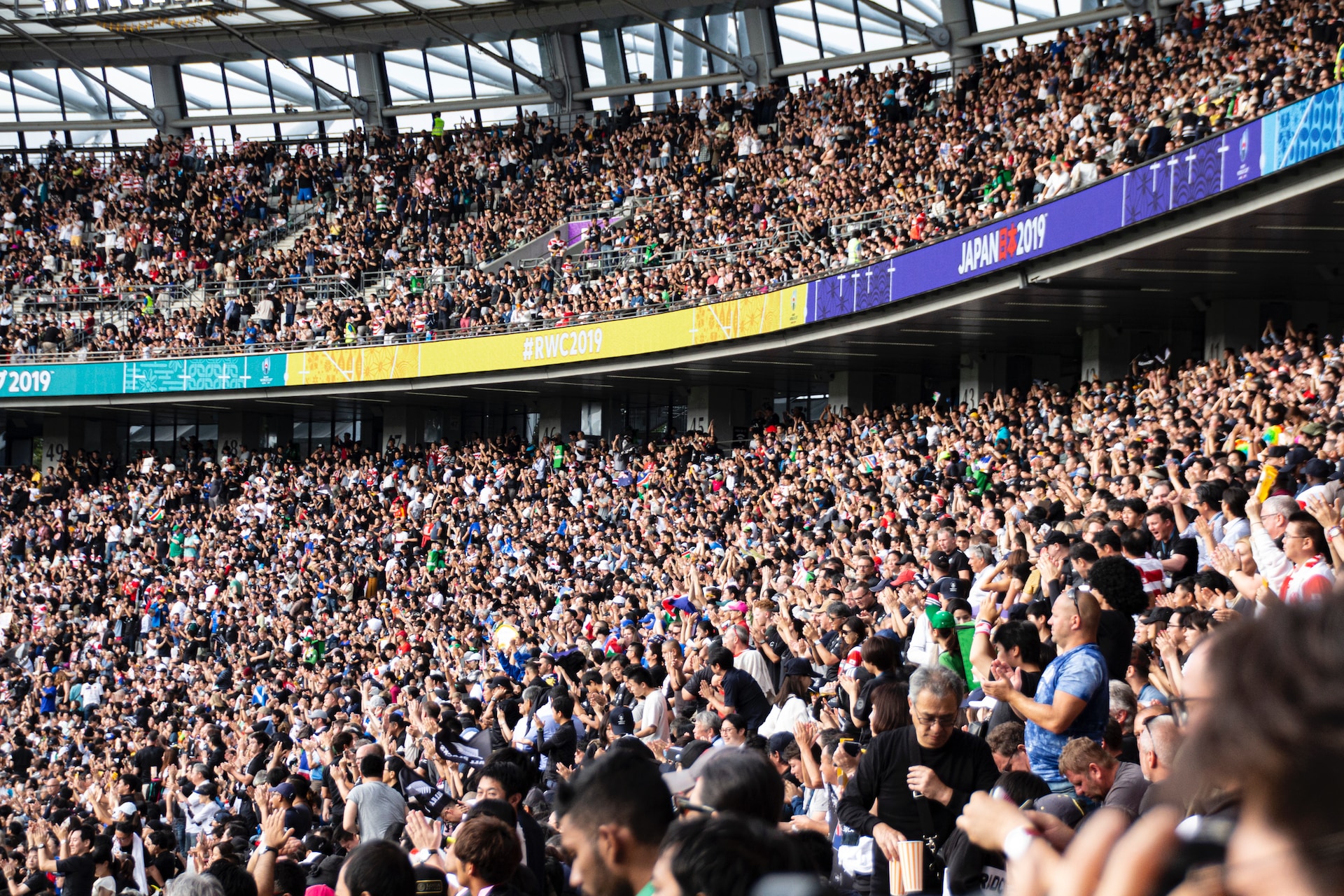
Sportswashing: Managing state relations and reputations through associations with sport
A one-day symposium hosted by the Centre for Research in Communication & Culture, Loughborough University
Wednesday 29th May, 2024: 0900-1700
Loughborough University, London Campus, Queen Elizabeth Olympic Park, The Broadcast Centre Here East, Lesney Ave, London E20 3BS
Sportswashing is a neologism that has become a mainstay of Western media reporting in the last few years, whether in relation to the hosting of sporting mega events, the ownership of professional sports clubs or the sponsorship of high-profile sports tournaments. It refers to the ways in which a country invests in sports to promote its reputation on a global stage and deflect attention away from less favourable perceptions of its actions and institutions.
Yet, despite its growing profile, there has been little empirical research into sportswashing and, as a result, many of the claims about its utility are yet to be substantiated. In short, we require better ways of evaluating the impact (or otherwise) of sportswashing. Some of the current debates seem to assume that the hosting of an event or purchase of a sports club naturally leads to favourable reviews or attitudes, whether among fans of a given club or the sport in general. Research around the hosting of mega events has shown a good deal of resistance from a range of actors. Therefore, we need to actively investigate who supports and who resists, through what means and channels and to what ends. This is particularly the case in relation to sports fans who can play a key role in supporting an owner or organiser that they believe is likely to offer their athletes, team, or sport greater success. It would also be good to know more about the kinds of reputational capital that are generated by such associations with sporting events, organisations, and personalities and to what extent they persist over time.
Adopting a critical approach, that calls into question the records and activities of states, is also important but such a perspective cannot only be limited to particular actors. For instance, it is notable that sportswashing tends to focus on a narrow range of non-Western actors, the most notable of which are Russia, Saudi Arabia, and China. This does not mean falling into a dangerous form of relativism, but if sportswashing is to become more than an empty slogan, it needs to be applied to other parts of the world as well, where salient.
To address these issues, we will be holding a one-day symposium on Wednesday 29th May 2024 at Loughborough University’s London campus https://www.lborolondon.ac.uk/about/location/
The event will draw together academics, non-governmental organizations and journalists with an interest in the topic. The day will consist of panel presentations followed by a round-table discussion with key figures from the world of sport-media, sports governance and sport and social justice campaigning.
We therefore call for the submission of proposals that offer novel theoretical and/or empirical perspectives on the topic. Submissions might want to address, but are not limited to, the following issues;
- Explanations for the rise of the term, sportswashing, and its growing profile, notably in Western media
- Empirical studies of sportswashing across sports and regions
- Sportswashing as a form of neo-Orientalism
- The possibility of sportswashing in Western states
- The success (or otherwise) of sportswashing
- Responses from those accused of sportswashing
- The role of sports fans (and other stakeholders) in critiquing / defending those accused of sportswashing
- The difference between sportswashing and other cognate terms such as soft power, nation branding and public diplomacy
Send 300-word abstracts, by Thursday 28th March 2024, to Michael Skey, m.skey@lboro.ac.uk
Final decisions will be communicated by Thursday 11th April 2024. Accepted papers should be no more than 15 minutes.
The event will be free to attend. The event is supported by the Centre for Research in Communication & Culture at Loughborough University